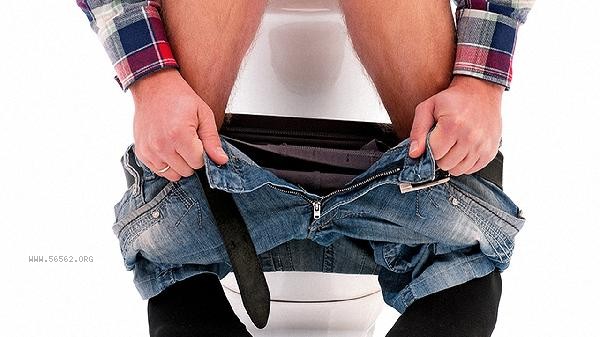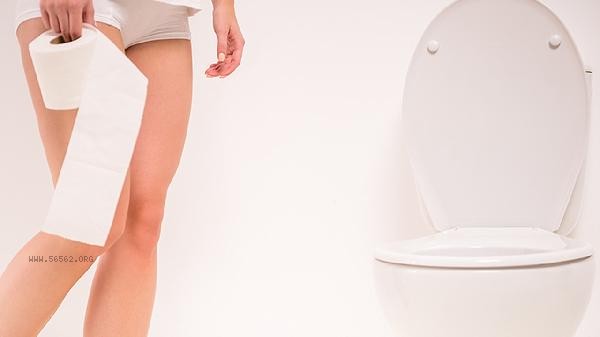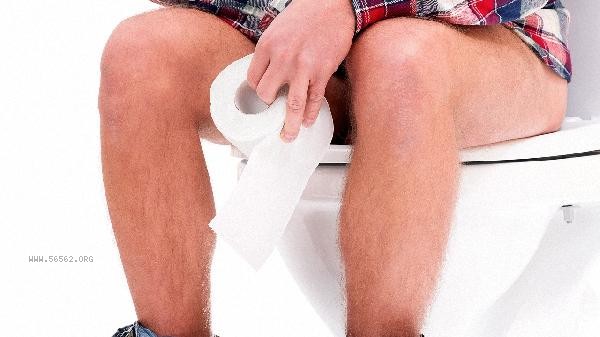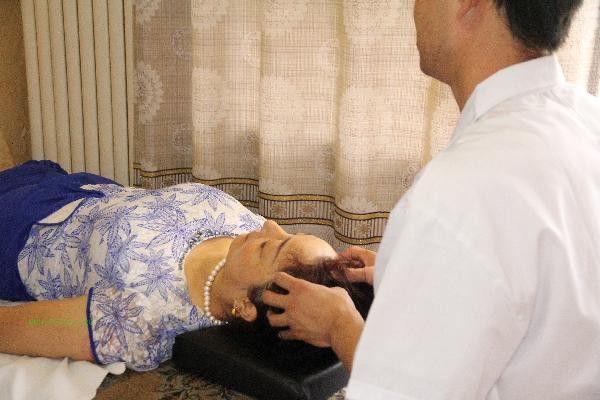Frequent constipation may be related to factors such as insufficient dietary fiber intake, insufficient water intake, lack of exercise, gastrointestinal dysfunction, and imbalanced gut microbiota. It can be regulated by adjusting diet, increasing exercise, supplementing probiotics, using medication, and improving bowel habits.

1. Insufficient intake of dietary fiber
Dietary fiber can promote gastrointestinal peristalsis and help shape feces. Long term lack of vegetables, fruits, whole grains, and other foods rich in dietary fiber can easily lead to dry stool. It is recommended to consume foods such as broccoli, oats, apples, etc. daily, while avoiding overly processed foods. People with weak gastrointestinal function can choose steaming to soften dietary fiber.
2. Insufficient water intake
Insufficient water intake can cause the colon to excessively absorb water from feces, resulting in dry and hard stools. Adults are recommended to drink 1500-2000 milliliters of water per day, and warm water can be consumed in small portions. Drinking 300ml of warm water on an empty stomach in the morning can stimulate the gastrocolic reflex, but individuals with abnormal kidney function need to control their water intake.
3. Lack of exercise
Prolonged sitting can weaken the ability of abdominal muscles and intestinal peristalsis. It is recommended to engage in 30 minutes of brisk walking, yoga, and other exercises every day. Clockwise massage of the abdomen can also promote intestinal peristalsis. Bedridden patients can do leg lifting exercises, but severe hemorrhoid patients should avoid vigorous exercise.

4. Gastrointestinal dysfunction
Irritable bowel syndrome, hypothyroidism, and other diseases can lead to defecation disorders, often accompanied by bloating and abdominal pain. Medications such as lactulose oral solution, polyethylene glycol 4000 powder, and Bisacodine enteric coated tablets can be used according to medical advice, while treating the underlying disease.
5. Imbalance of gut microbiota
Long term use of antibiotics or high-fat diet can damage the gut microbiota. It can be supplemented with probiotic preparations such as Bifidobacterium triple active capsules and Bacillus subtilis double active granules, and combined with fermented foods such as yogurt and kimchi. Patients with diabetes should choose sugar free probiotic products.

Establishing a regular bowel movement habit and choosing a squatting position is more conducive to rectal emptying. To avoid excessive straining during bowel movements, hemorrhoid patients can use laxatives as an aid. If constipation persists for more than 2 weeks after adjusting lifestyle, or if symptoms such as rectal bleeding and weight loss occur, it is necessary to promptly seek medical attention from a gastroenterologist to rule out organic diseases. Natural laxatives such as dragon fruit and chia seeds can be consumed in moderation in daily life, but it is not advisable to rely on laxatives for a long time.







Comments (0)
Leave a Comment
No comments yet
Be the first to share your thoughts!